‘AI Is Google’s Birthright’: Google Cloud’s Partner Leader Explains AI Gameplan
Channel superstar Colleen Kapase recently left Snowflake to lead Google Cloud’s partner programs. Here is her plan to drive and enable AI for partners, as well as why Kapase believes Google will win the AI arms race.
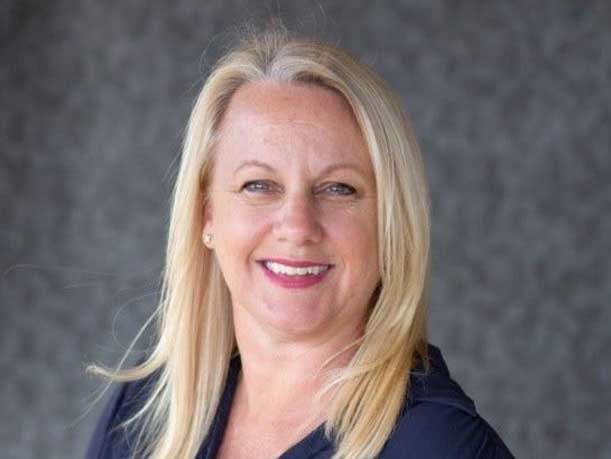
After decades of leading partner programs for the likes of VMware and Snowflake, channel guru Colleen Kapase has joined Google Cloud with bold plans to drive artificial intelligence sales and customer wins for Google’s thousands of partners across the globe.
“I have to be honest, AI is Google’s birthright,” Kapase, vice president of channels and partner programs for Google Cloud, told CRN. “This is Google’s chance to shine here. Because when you look at their cloud infrastructure, it was built with AI in mind since the very beginning—from a network infrastructure perspective, all the way down.”
“We’re not talking to our customers anymore about what Google’s technology can do. We’re talking about the outcomes at a meaningful level about, ‘AI can drive you to the following answers. It can help with the production of things in the following ways.’ So that means refocusing on partners that have that deep, deep industry expertise,” Kapase said. “We’re going to double down on that more than we ever have before.”
[Related: Azure Vs. AWS Vs. Google Cloud: Customers Spending Results]
Kapase Joins Google Cloud
Kapase spent 13 years at VMware in top roles including vice president of partner go-to-market, incentives and programs, as well as VMware’s channel chief. She left VMware in 2019 to join data cloud superstar Snowflake as senior vice president of worldwide partner and alliances. Kapase also was director of channel programs for Citrix in the early 2000s and has made CRN’s Channel Chief list multiple times throughout her career.
Needless to say, there are few people with as much channel experience as Kapase who understand what it takes to lead a massive global channel program squarely targeting the AI market.
Kapase said she’s gearing up to make some improvements to Google Cloud’s channel strategy around AI and generative AI, alongside Google’s growing AI product portfolio.
“We need to make a couple changes. We have got to evolve things which is a big piece of why I’m here,” said Kapase. “When we look at our programs and we look at how are we supporting partners, they need more. They need more enablement.”
In an interview with CRN, Kapase takes a deep dive into her AI channel plans, what Google partners should be doing in AI right now, her thoughts on CEO Thomas Kurian and why Google is poised to win the AI arms race.
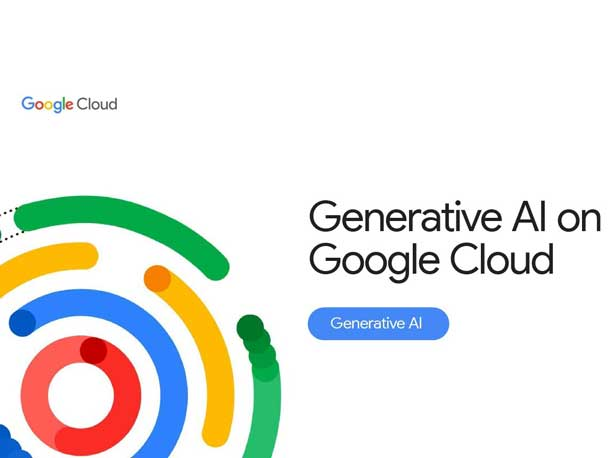
What gets you excited about Google Cloud’s AI future and what is Google’s market differentiation versus some of the other cloud players?
I have to be honest, AI is Google’s birthright. This is Google’s chance to shine here. Because when you look at their cloud infrastructure, it was built with AI in mind since the very beginning—from a network infrastructure perspective all the way down.
Cloud infrastructure is something we very much invested in to come into the market with. The fact that we have TPU chips developed, a tensor processing flow mindset—those chips were built for AI.
When I look across the security space, when I look across the data analytics space, etc. This isn’t just adding AI on your collaboration apps with Workspace—which I’m really excited about with Gemini.
So when I look at the various pieces of the Google Cloud platform, the story is really, really strong.
Security is huge. One of the things I was surprised about is the level of security within Workspace, the types of customers that we’re getting to buy into Workspace, and state and local government agencies choosing Workspace because the data in their email is tantamount to the security of their company. Those are the types of things that really encouraged me.
So when you look at AI and having access to data, it’s beyond what we think of as the traditional forms of structured data. We’re now moving into the unstructured data. And that is what’s going to make us all smarter.
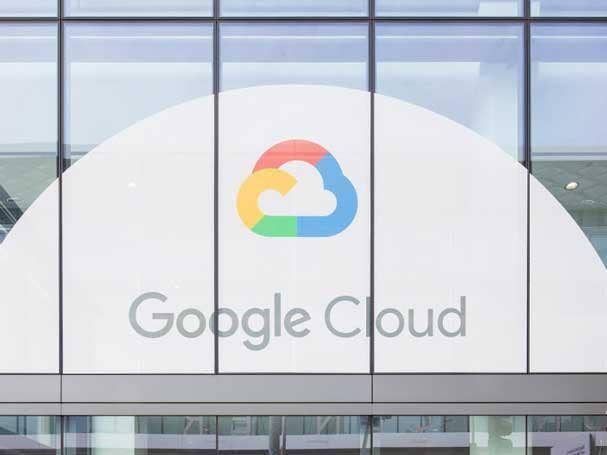
What changes and improvements do you plan to make at Google Cloud to better help partners around winning AI customers?
We need to make a couple changes. We have got to evolve things, which is a big piece of why I’m here. When we look at our programs and we look at how are we supporting partners, they need more. They need more enablement.
We have a commitment to get 200,000 people trained in our GSI community alone—that’s needed. There’s just education and retooling of all of us that’s important. So we’re going to invest heavily there.
We’re investing in giving partners a platform that they can develop on and learn on. Then even just the sales plays for the use cases. A lot of folks are sort of like, 'OK, I understand the opportunity. I get it. I’ve seen some of the demos and some of the stories. What are the exact market demands really coming from?’
So we’re getting very specific in what we see as some of those top use cases where it’s not just a intellectual conversation, but there’s monetization now. We’re ready to move into that monetization phase of things for vendors and partners alike. And understanding where our CXOs really making those big bets and investing.
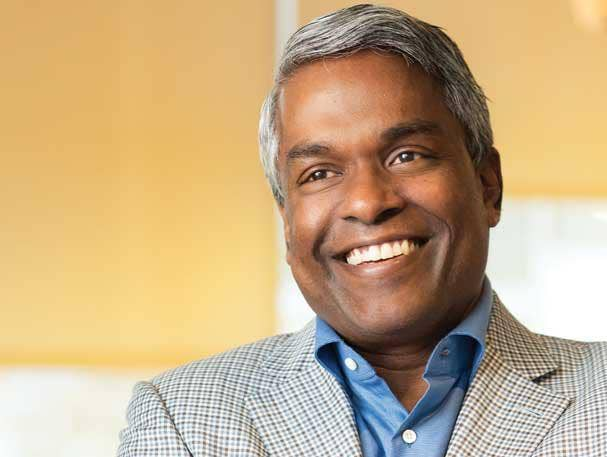
Thomas Kurian (pictured) talked about creating an AI MSP partner that manages the lifecycle of the customers AI environment. What should partners be doing in 2024 to get the most out of Google AI?
It starts at a foundational level. In order to really leverage AI at an enterprise class level, you have to make sure that your data structure is put in such a way that you can leveraging it. So looking at things like BigQuery and seeing, ‘How is my data structure? And how is my data secured?’ Is a critical base layer.
If you’re going to use AI on a repeatable, trusted enterprise class level, getting that database layer is critical on the analytic side. Then moving up into model usage and what does that look like? Frankly, you have to become an expert as a partner.
What do you mean partners have to become an ‘expert’?
Each industry has different models that have different values to them. The AI models are changing. People are coming out with new models on a repeat basis, including us with Gemini.
As a partner, you have to understand the performance levels of those different AI models for your customer, for their industry, for their use case, which one’s the best fit, which one’s most cost effective? Am I looking at a proprietary model? Am I looking at open-source model? These are specific things that customers don’t necessarily want to think about.
This is where the partner needs to build out that expertise and figure out and provide as a service to what’s the best model. And almost make that indistinguishable for the customer to see. That’s that level of AI MSP service. That’s the piece that we’re working on building out a program, to bring to the partners to help them understand how to do that and how to offer it.
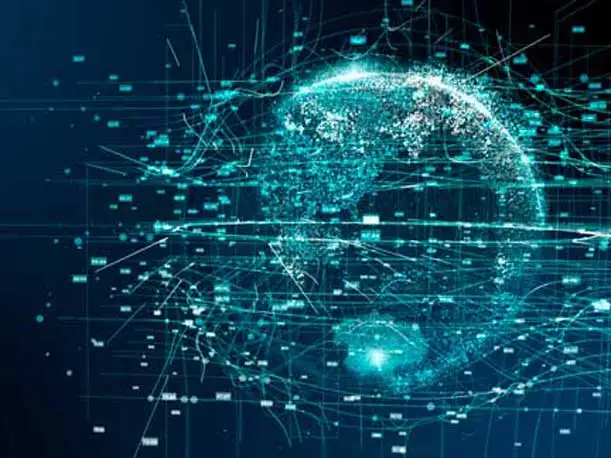
What are the most successful Google Cloud AI-focused partners doing right now?
There’s a ton of opportunities out there, but what I’m seeing the most successful partners do is the ones who are focusing on one to two specific industries and bringing talent into their teams that can speak with business users, not just with the IT departments.
That’s a shift that some partners have already made and some need to make to keep at that cutting-edge line. Being horizontal across all products, I don’t think is doing your customers the best service always when it comes to AI.
Partners need to understand AI models: they have to be playing with them, experimenting with them, they have to be comparing them with each other. So ensuring that these partners have the right amount of infrastructure to do that in a cost effective way, is another thing that we’re looking at programmatically to support our partners. It’s a whole new world.
It’s also pushing our partners to help have those conversations. Many of them are already comfortable with that, but some need to come along on this journey with us in a particular industry or for a particular use case around, ‘How is this model going to help the customer?’
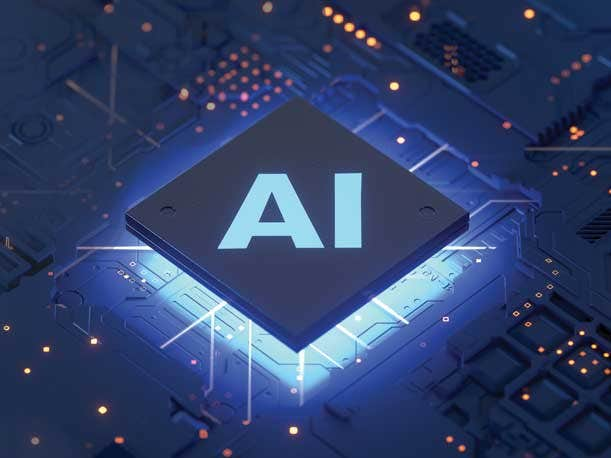
I’ve spoken to Google partners who, for example, have hired nurses and doctors to help win AI deals with healthcare customers. Can you double down on hiring outside the box for this new era of AI?
I love that. That’s exactly what I’m talking about.
I was recently talking to one of our stronger AI partners in life sciences, he specifically has an expert on his team that can help predict the shape of proteins using AI. That’s really important for drug production because if you able to predict those shapes of proteins, it can go from testing on animals, to not needing to test on animals.
But think about that skill set. That’s not what you think of as the typical skill set that a partner is bringing in.
I believe if you’re going to pick an industry or two, you do have to bring that level of expertise in and not many partners are used to doing that. That’s the evolution that we’re going to go through.
So I would absolutely concur with the example that you’re bringing up. And I’m seeing more and more examples of that across some of our best AI partners.

Why did you join Google Cloud to lead its channel partners in the AI era?
I chose to come here specifically because I’ve had a deep deep background in data. The more I learned about AI, the more I honestly got excited about Google’s total stack proposition.
I love that they’ve been thinking about AI with DeepMind for over a decade—from the chip, up to the data structure with BigQuery, all the way up to Gemini on the large language models and into open models as well. Also having the AI Garden and a place where you can come to not just use the Google model, but use many other different offerings of models as well.
It’s just the next revolution of where we’re going and partners are going to play a huge piece in that.
Thomas Kurian did a great article with CRN on about AI partners. I completely concur with his message of: when I look at these AI solutions, there’s so much that needs to go into them from a data platform perspective, through an infrastructure perspective, all the way up to modeling. There’s just a lot of help that customers need.
The partner role in this is going to be transformational. I absolutely believe that customers can’t do this on their own per-se, they need a ton of help. It’s a complex solution in many ways to understand the underpinnings of AI. Our system integrators and ISVs across the globe are a key piece and helping customers get there.

What are the top AI use cases and industries in 2024?
We see a few key industries really sort of rising to the top. We all see those use cases around customer support organizations and the chatbot, people can get that. People can understand the collaboration app story Gemini on top of Workspace. Those things are pretty easy to wrap your arms and your hand around understanding where’s the value there.
The more complicated piece is when you get into the healthcare and life sciences around how are you using it for product development? That’s an area of expertise that there needs to be a deep understanding.
We’re not talking to our customers anymore about what Google’s technology can do? We’re talking about the outcomes at a meaningful level about, ‘AI can drive you to the following answers. It can help with the production of things in the following ways.’
So that means refocusing on partners that have that deep, deep industry expertise. This has been the bread and butter of many of the most successful partners as being industry specific. We’re going to double down on that more than we ever have before.
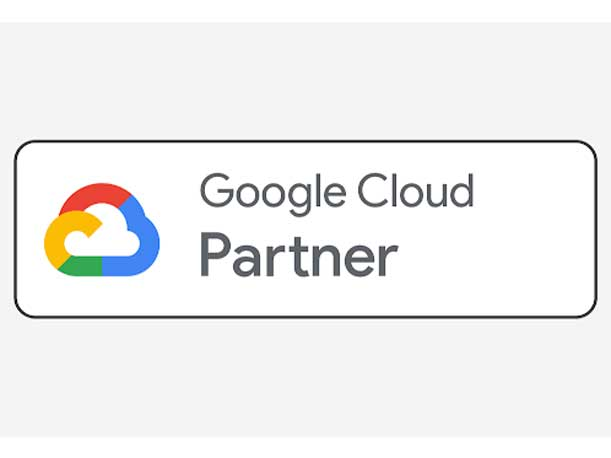
You’ve worked in channel executive positions at Snowflake, VMware, Dell, Citrix—some of the biggest channel programs in the world. What separates Google Cloud partner strategy from some of the companies that you’ve worked with in the past?
One of the things that I just love seeing is the investment and just how easy it is to work with partners to do Google-funded pre-sales activities is just eye popping. I’m like, ‘Wow, that’s amazing.’
Same on the post sales services side, the Partner Services Funds (PSF), is working in the field and investing in partners to make sure we’re delivering those services is phenomenal. It’s really some of the secret sauce that Google has.
And it’s incenting the right things for Google partners around, ‘Help us on the pre-sales and let’s co-sell together. Help us get to that delivery of services.” We’ve been talking for a very, very long time as a partnering community about how we need to be more services-led. That day is here now.
Between cloud and AI, partners that are not services-oriented, are getting a bit left behind. So that push is more relevant now. The funding that I’m seeing coming from Google is very much in building those practices and delivering those services over and over again.
What about the partner culture strategy from Kurian and others?
Seeing the partner centric culture from TK on down—as a partner person having been at many different vendors with many different leaders— seeing that throughout the entire sales culture, it’s really encouraging to me.
There is an intent to have partners on every single opportunity that’s out there. A lot of companies talk about how they’re going to have partners lead on the services engagement. I am shocked on the reality of that statement at Google and just how incredibly strong the partner services delivery and reliance on partners are to do that here.
A lot of folks talk the talk, Google walks the walk there.